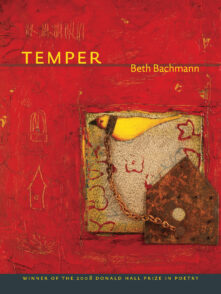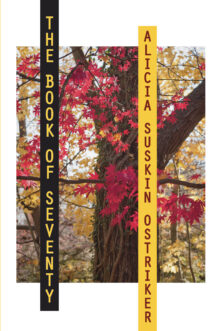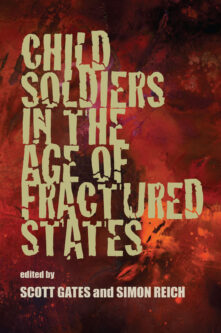Books
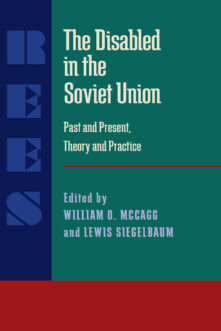
The Disabled in the Soviet Union
Past and Present, Theory and Practice

Shadow Ball
New and Selected Poems
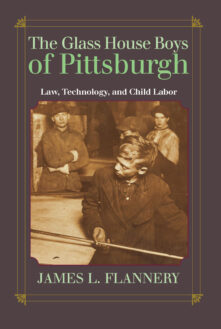
The Glass House Boys of Pittsburgh
Law, Technology, and Child Labor
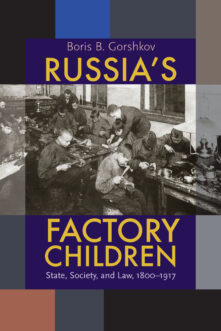
Russia’s Factory Children
State, Society, and Law, 1800–1917
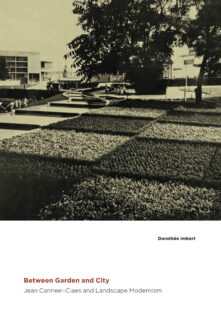
Between Garden and City
Jean Canneel-Claes and Landscape Modernism
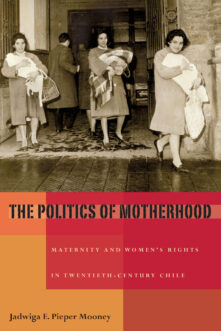
The Politics of Motherhood
Maternity and Women's Rights in Twentieth-Century Chile

Bethlehem Steel
Builder and Arsenal of America
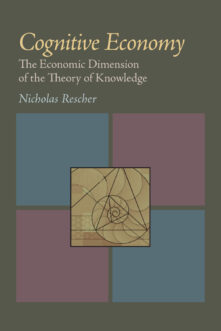
Cognitive Economy
The Economic Dimension of the Theory of Knowledge
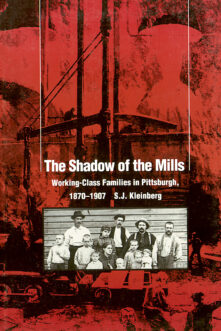
The Shadow Of The Mills
Working-Class Families in Pittsburgh, 1870–1907
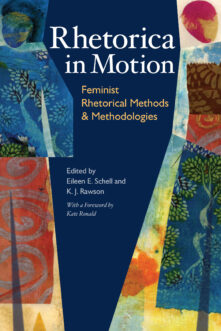
Rhetorica in Motion
Feminist Rhetorical Methods and Methodologies
Total 1559 results found.


